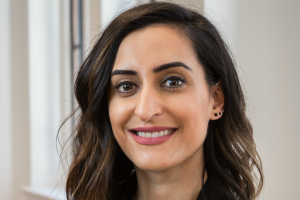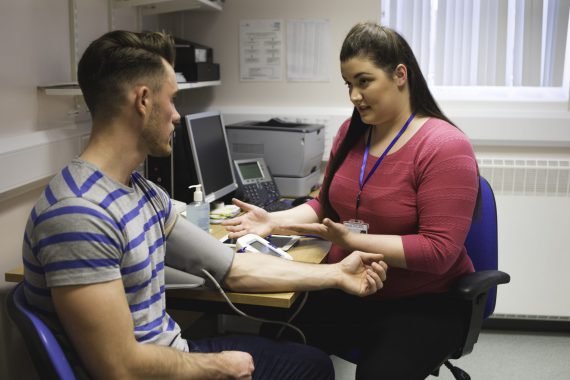
A year ago I left my partnership burnt out and exhausted, lost and disheartened with it all. Twelve months on, I am working full-time as a sessional GP, loving every day in practice and more importantly every moment outwith it.
Here are my tips on how to make sessional life work for you too.
Avoid the negative swirl. I now try to steer away from negative GP chat as much as possible and to be honest, since switching paths from partnership to sessional life, I have managed to cultivate a far more positive mindset. This in turn has allowed me to reconnect with my purpose – why I became a doctor in the first place.
Practise self-care. As an advocate of doctors’ health and wellbeing, I understand all too well the need for us to prioritise self-care in order to prevent illness. As much as most of this will seem like common sense, you would be surprised on how often we actually don’t practice what we preach.
Get out there and network. Sessional life comes with many perks but it also brings with it challenges, the biggest being isolation and a sense of disconnect. Not all practice teams are harmonious entities so note that it is advantageous – and possible – to straddle the worlds of independence and inclusion. Connection and community are powerful vectors for developing a growth mindset, which is key to our wellbeing. Building new relationships and connections through peer support, Practice Based Small Group Learning and local meetings as well as taking time to network with allied healthcare professionals and admin staff will enable you to feel happier and more comfortable in your frequently changing workplace.
Be the leader if you must. There may not be a ready-made group to join or easily fit in with, so you may need to be prepared to initiate something new. Remember – your tribe empowers you so surround yourself with people who share your values. Listening to angry negative people moaning all the time will simply make you feel the same. Ultimately it’s your choice who you hang out with.
Keep fed and watered. You need your nutrients just like every other living organism. Proving yourself to be a superhero and working without breaks will only burn you out. Plan ahead, organise your snacks and food for the day and don’t forget to drink water. Often caught in the daily grind, we forget our basic needs and suffer long term for it. Hanger is real!
Know when to switch off. When you finish work, make sure you truly finish it and don’t take it home with you. It is so important to create clear boundaries between work and play so think of ways you can switch off your GP mindset and relax when you walk out the door. Connect with your hobbies, take time to get some physical activity in, listen to music, cook – whatever floats your boat, but taking work home will only push your loved ones away and impact your quality of life which just isn’t worth it.
Practise gratitude. We know that showing gratitude and appreciation have an impact on elevating our mood by producing positive emotions which in turn enhances our sense of mental wellbeing. We are masters of reflective practice, we can evaluate the micro-details of a case or an SEA, but we are rubbish at reflecting and celebrating our personal contributions to influencing change, which we do every single day. A year ago I started to actively practise gratitude by writing down three things at the end of my day that I was grateful for. We achieve so much that is good on a daily basis yet we end our days typically worried about the past or anxious about the next day. By doing this simple activity, it is impossible to go to sleep without a warm fuzzy smile.
Create a positive evening routine. Sleep deprivation is toxic. We know this, yet we take our work home and pore over it late into the night. We stay connected online until we fall asleep. We compromise quality of sleep in favour of cultivating more time. Short term it may work, but long term it simply hinders productivity, relationships, health and ultimately wellbeing. Switching off digital devices 90 mins before bed and leaving them outside the bedroom so you can properly connect with the concept of relaxation will allow you to transform life for the better.
These are a few simple little hacks that I have really worked on over the past 12 months and I have genuinely experienced a huge shift in the way I feel mentally, emotionally and physically. If you worked in a static workplace, the wider team may sense a change if you were struggling. This protective factor isn’t available for sessional doctors so it is even more of a priority that you work on yourself daily, invest in your personal health and wellbeing and keep yourself well. Done right, this will help you quickly realise if something is out of kilter.
I hope these tips help you to find a similar feeling of balance– remember each day your aim should be to create and present the best version of yourself.
Dr Punam Krishan is a sessional GP in Glasgow

















